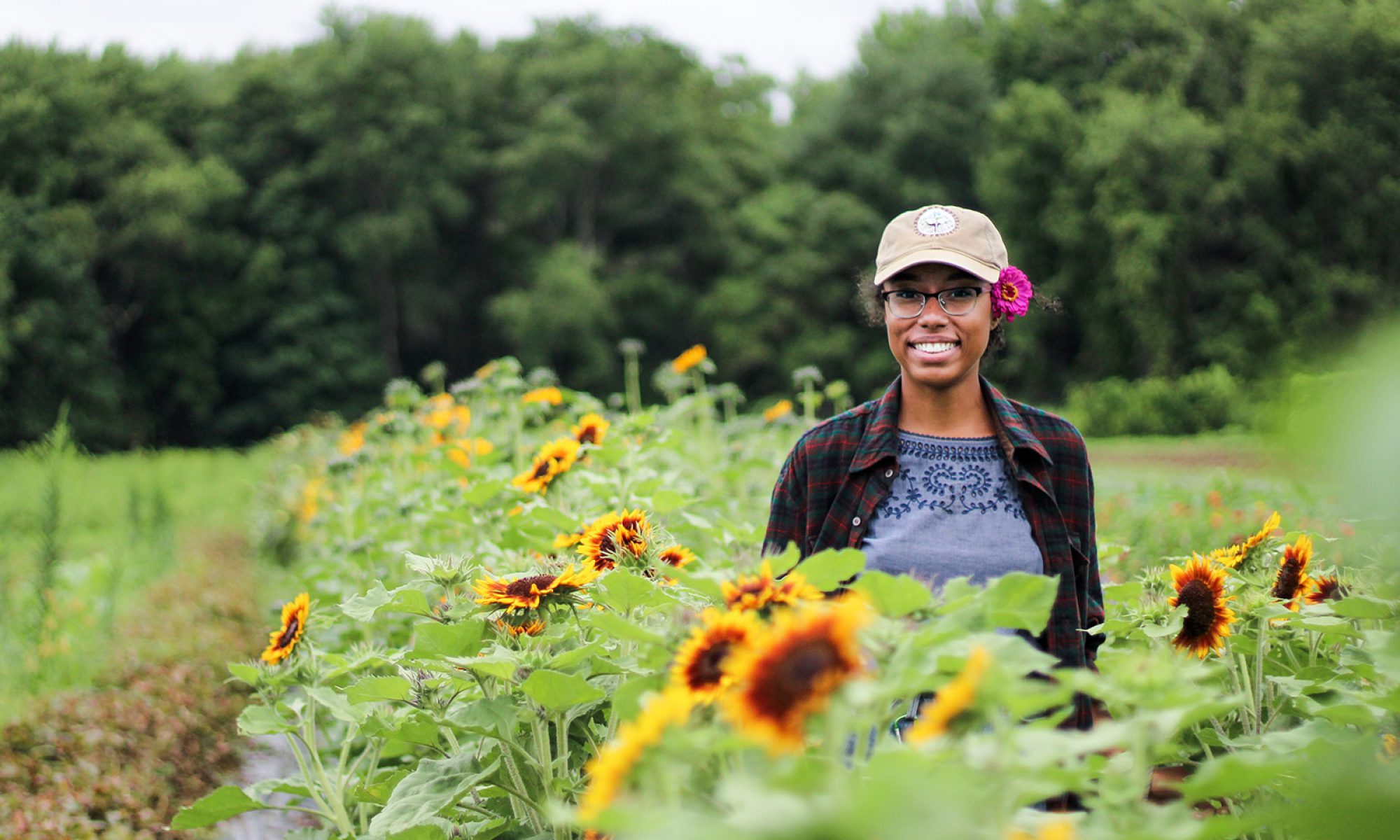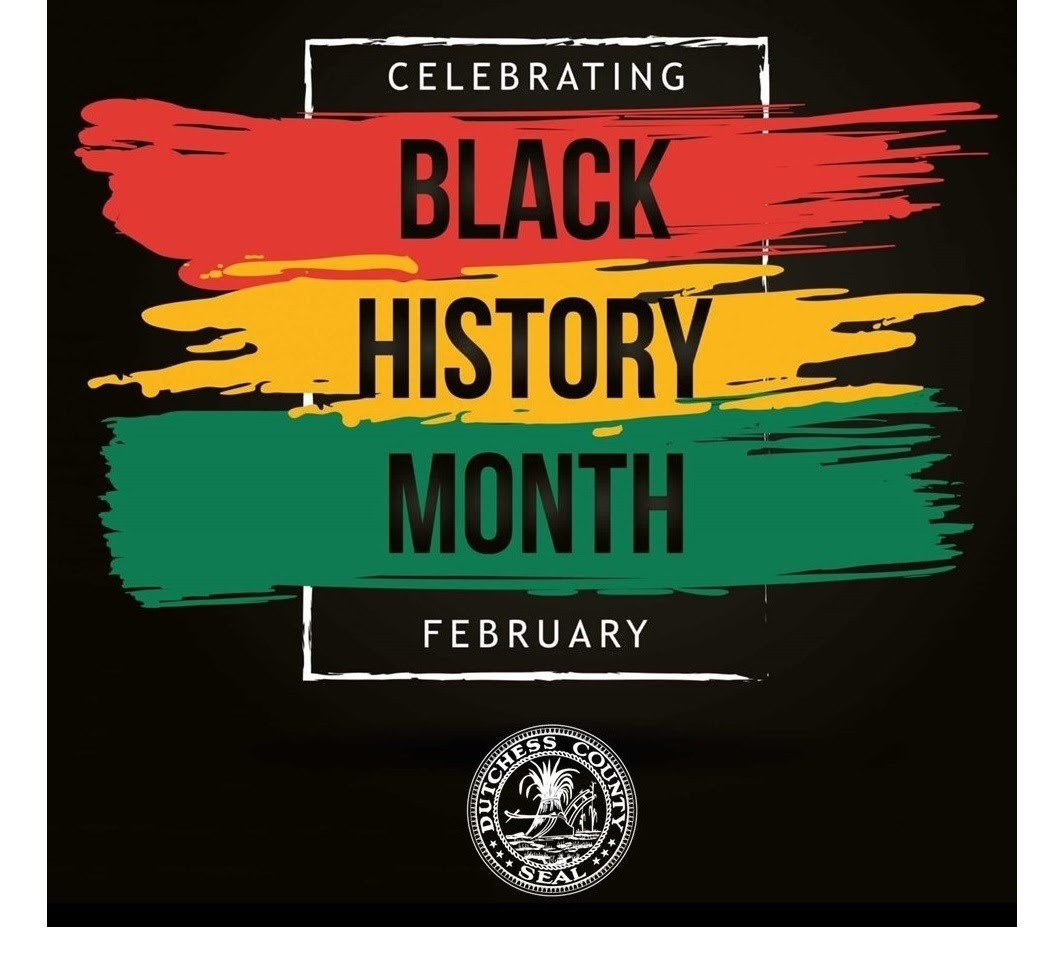In-person: The Franklin D. Roosevelt Presidential Library and Museum will present, “The History of Hyde Park-On-Hudson,” with Hyde Park Town Historian Carney Rhinevault, at 6:00 p.m. on Thursday, November 30, 2023. The event will be held in the Henry A. Wallace Center at the FDR Library. This is a free public event, but registration is required. Register here!
6:30 – 7:30 PM: Without Concealment: Stories of Black Civil War Surgeons – Boardman Library. Without Concealment, Without Compromise: The Courageous Lives of Black Civil War Surgeons by Jill L. Newmark, is a collective biography of fourteen Black physicians who served as surgeons during the American Civil War. Newmark will illuminate their lives and the way their successes challenged the prescribed notions of race in America as well as the crucial role they played in the evolving definition of freedom and patriotism. Books will be available for purchase and signing. Register here.
Attendees will examine the stages of securing freedom, defending it against constant incursion, and ultimately the flourishing of individual persons and dreams along America’s river of dreams. Presented by Bill Jeffway, Executive Director of the Dutchess County Historical Society.
In the 18th and 19th centuries, African American people in the Mid-Hudson Valley faced enslavement, racism, and other barriers to full participation in the social and political milieus of New York. The Hudson River – both actual and as metaphor – offers a centerpiece for understanding those barriers and the fight for freedom. Join Peter Bunten at the East Gate Plaza in Poughkeepsie on Sunday, July 16 from 1-2 p.m. for this interesting historical lecture.
Peter Bunten is Executive Director of the Mid-Hudson Antislavery History Project, with which he has been affiliated for 13 years. He is the current Vice President of the Underground Railroad Consortium of New York State and serves as a Trustee of the Dutchess County Historical Society. Through MHAHP he also is affiliated with Celebrating the African Spirit in Poughkeepsie and serves on the steering committee of the Northern Slavery Collective. Before his retirement in 2018, Mr. Bunten was the Education Manger for Historic Hudson Valley. He has a Master’s degree in Historical Studies, with an emphasis on Public History, from the University of Maryland, Baltimore County. He is a native of Poughkeepsie and attended local schools here.




